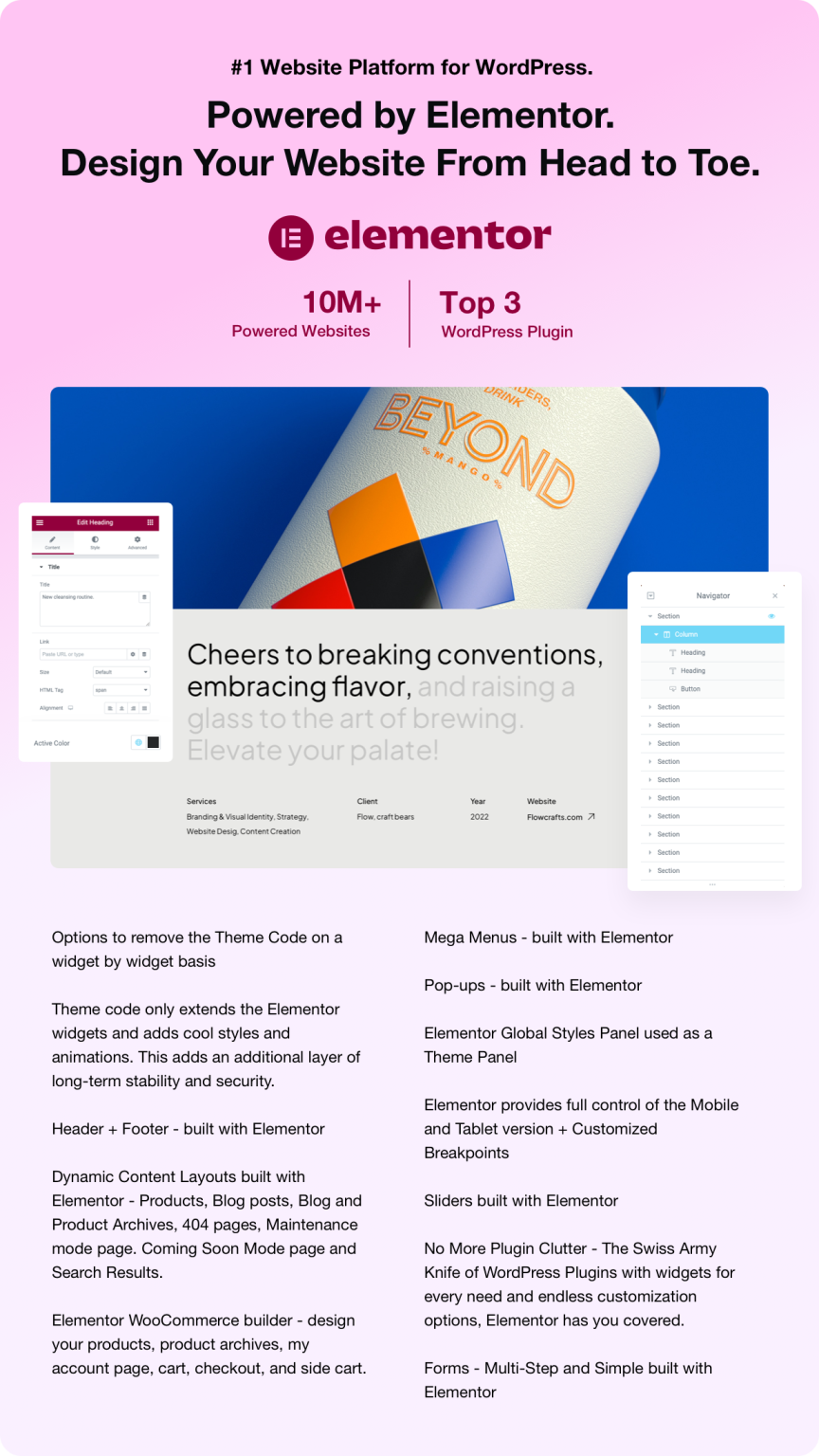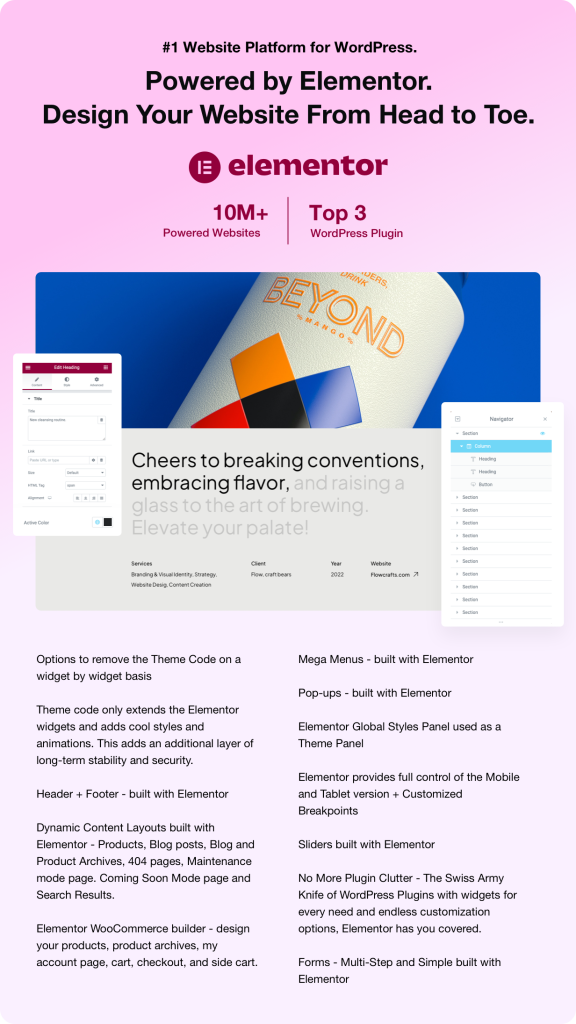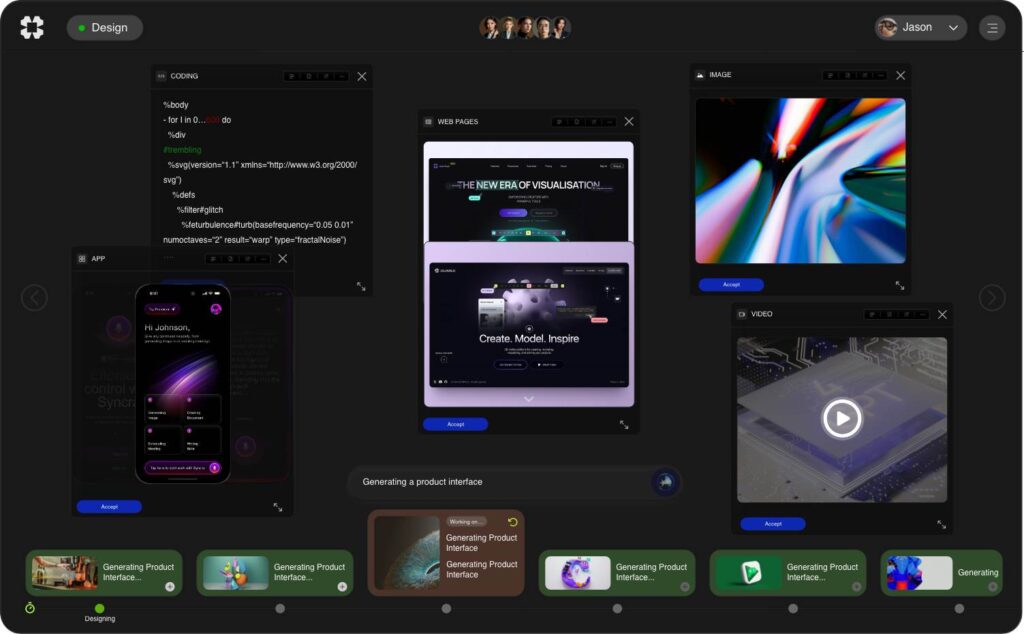In the ever-evolving realm of technology, Adaptive Operating Systems (AIOS) are at the forefront of innovation, promising to tailor user experiences based on individual needs and workloads. As businesses and consumers increasingly demand personalized interaction with their digital tools, the integration of Personalized AIOS and the burgeoning capabilities of Quantum Computing are reshaping our understanding of what operating systems can achieve.
Adaptive Operating Systems represent a significant shift in how software interacts with users. Unlike traditional operating systems that follow rigid protocols, AIOS can dynamically adjust their functionality based on real-time data and user preferences. This adaptability not only improves user efficiency but also enhances satisfaction, ultimately creating a more tangible connection between the user and their technology.
The personalization aspect of AIOS is perhaps its most compelling feature. By employing machine learning algorithms, these systems learn from user behavior patterns, continually refining their responses and functionalities. This leads to an operating system that not only understands but anticipates user needs, making workflows smoother and more intuitive.
For instance, imagine an AIOS that recognizes when a user typically drafts reports and can automatically tune the system’s resources and applications to optimize for that specific task. It could provide tools and templates that are most often used, suggest relevant files, and even help manage time through optimized reminders. Such personalized interactions transform how we perceive and use technology, moving beyond the one-size-fits-all approach of past operating systems.
However, the true potential of AIOS amplifies when combined with breakthroughs in Quantum Computing. Quantum Computing represents a seismic shift in processing power, leveraging quantum bits (qubits) to perform calculations at unprecedented speeds. This technology has the capacity to handle complex computations that are infeasible for classical computers, paving the way for faster machine learning processes and improved data analysis for AIOS.
One of the critical trends within the AIOS landscape is the ongoing research into optimizing quantum algorithms for personalized user experiences. Imagine a scenario where an AIOS leverages quantum computing to analyze vast amounts of user data in real-time, allowing it to make hyper-personalized recommendations. This capability could revolutionize sectors such as healthcare, finance, and education, where an understanding of individual needs is paramount.
In healthcare, for example, a Personalized AIOS could analyze a patient’s medical history through quantum-enhanced databases to recommend treatment plans tailored to their unique conditions. This level of personalization could lead to better patient outcomes and more effective healthcare delivery overall. The potential for AIOS to strengthen patient-provider relationships and enhance treatment efficacy is immense.
Similarly, in the financial sector, an Adaptive Operating System powered by Quantum Computing could assist in risk assessment and portfolio management, providing instant analysis of market changes and personal financial behavior. This insight would empower individuals and organizations to make informed decisions swiftly, maximizing investment opportunities and minimizing losses.
Moreover, the synergy between Adaptive Operating Systems and Quantum Computing offers promising solutions to address complex societal challenges. For instance, with climate change being a pressing global issue, an AIOS equipped with quantum analytical capabilities could forecast environmental trends and optimize resource management in real-time. These insights could help governments and organizations implement effective strategies for reducing carbon footprints and enhance sustainability efforts.
Despite these promising applications, the integration of Personalized AIOS and Quantum Computing is not without challenges. The technology is still in its infancy, and both sectors face hurdles related to scalability, security, and ethical considerations. For instance, the processing power of quantum computers is currently limited, and much research is needed to develop algorithms capable of functioning effectively within these systems.
Furthermore, as AIOS become more personalized, there exists a risk of privacy concerns. Users must be assured that their data is protected and handled responsibly. Effective protocols surrounding data security and ethical AI implementation must be a focal point as we move forward into this new era of technology.
In addition, education and skills development are vital to ensure that the workforce is ready to navigate the complexities of Personalized AIOS and Quantum Computing. As these technologies evolve, there will be an increasing demand for professionals skilled in these areas. Universities and technical institutes must adapt their curricula to incorporate training on AIOS development and quantum computing fundamentals, ensuring a steady pipeline of talent ready to innovate.
Industry leaders across the tech landscape are already investing in research and development initiatives aimed at harnessing the full potential of Adaptive Operating Systems in conjunction with Quantum Computing. Tech giants like IBM, Google, and Microsoft are spearheading efforts to pioneer AIOS solutions while exploring the capabilities of quantum technology. Their commitment to advancing these fields will undoubtedly set the stage for groundbreaking developments in the years to come.
As we look ahead, the convergence of Adaptive Operating Systems, Personalized AIOS, and Quantum Computing is set to redefine the technology landscape. The many applications of these innovations offer transformative prospects across industries, from healthcare to finance, education, and sustainability. However, stakeholders must remain vigilant about addressing the challenges that come with these advancements to ensure that the benefits can be realized equitably and ethically.
Ultimately, the journey towards mainstay Adaptive Operating Systems enriched with Quantum Computing capabilities is just beginning. These technologies hold the key to unlocking unprecedented levels of personalization and efficiency, delivering solutions designed to meet the nuanced needs of individual users and society as a whole. The future of technology is not just adaptive; it is personalized and quantum-enhanced—set to revolutionize our digital experiences forever.
Sources:
1. “Adaptive Operating Systems: The Next Frontier in Computing,” TechCrunch, 2023.
2. “Understanding Quantum Computing and its Impact on AI,” IEEE Spectrum, 2023.
3. “The Role of Machine Learning in Personalized Web Experiences,” Harvard Business Review, 2023.
4. “How Quantum Computing Will Impact Industries,” Forrester Research, 2023.
5. “Ethical AI and Data Security in Adaptive Systems,” MIT Technology Review, 2023.





















